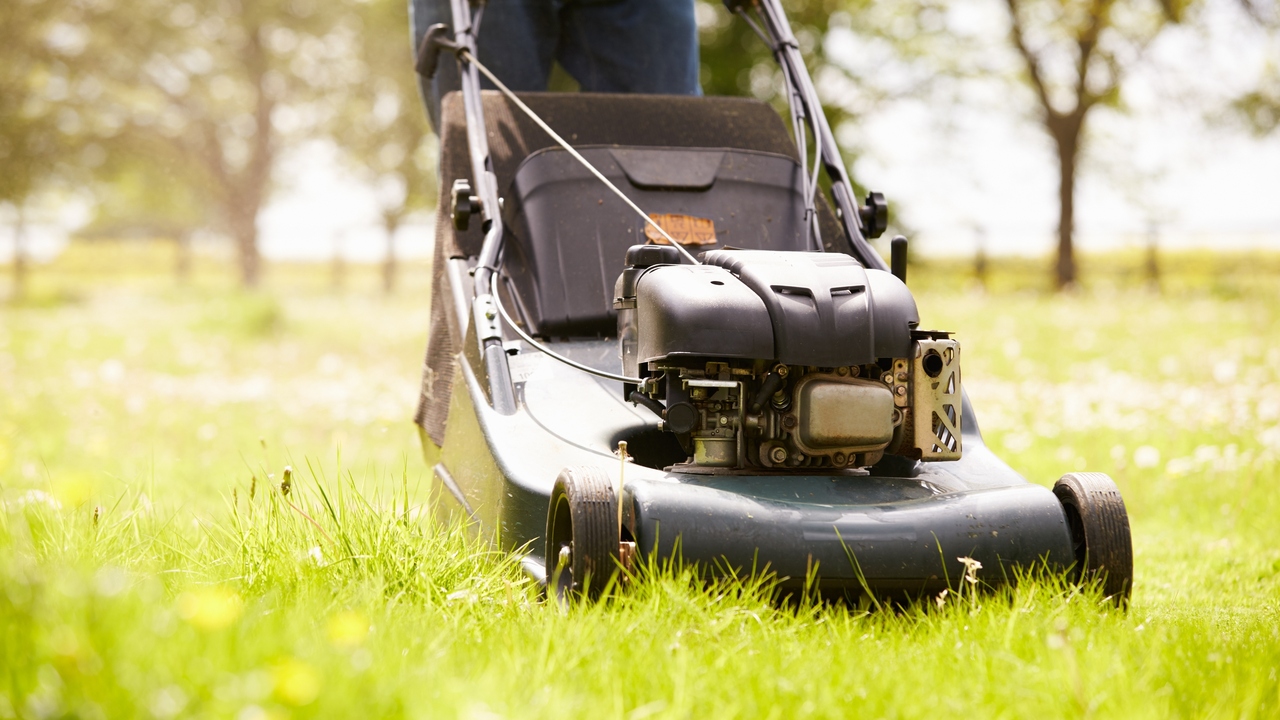 MonkeyBusiness Images/PhotoSpin
MonkeyBusiness Images/PhotoSpin
The bad news of summer is that you're at risk of getting bitten by mosquitoes that carry West Nile virus or ticks that carry Lyme disease. The good news is that these infections can be prevented by following some simple steps.
1) To ward off mosquitos, remove any stagnant water. Clear away any ivy and decaying leaves, because mosquitoes like cool, dark places.
2) Install screens on both doors and windows. This can prevent mosquitoes from getting inside.
3) Use LED or yellow light bulbs outside your home. When spending time on your deck or patio, turn on a fan.
4) Wear long sleeves, long pants, socks and closed-toe shoes if you’re outside during dawn and dusk. Tuck in those shirts and tuck your pants into socks.
5) Avoid tight clothes as mosquitoes can simply bite through them. Also avoid dark colors. Aftershave and perfume are attractive to them as well.
6) Use mosquito repellent. Make sure that it contains DEET or an equivalent.
7) Get clothes treated with the repellent permethrin, or spray it on your clothes. Permethrin is a highly effective insecticide-acaricide and repellent. Permethrin-treated clothing repels and kills both mosquitoes and ticks.
Mosquitoes pose some dangers such as West Nile virus, according to the Missouri Department of Health and Senior Services. However, ticks are responsible for more human disease than any other insect in the United States, the U.S. Army reported.
Ticks must be on your body for at least 36 hours in order to transmit Lyme disease. Not allowing them to get on your body is key.
8) Regularly mow your lawn and remove leaves and other debris. Try to let in as much sun as possible, as ticks like tall grass and lots of shade.
Consumer Reports recommended putting up a fence around your lawn to keep out deer and other large animals that can carry ticks. And remember to check your own pets for ticks after they have been outside.
9) Avoid tick habitats, such as wooded, grassy or brushy areas. One tried-and-true tick prevention measure, according to the U.S. Army, is to walk in the center of trails. This way you avoid any overhanging brush and tall grass where ticks may be lurking.
10) Wear the same type of clothes that repel mosquitoes to avoid ticks when walking through wooded or grassy areas. And again, tuck your shirt into your pants and your pants into your socks.
11) Use tick repellent products that contain oil of lemon eucalyptus (OLE), PMD or IR3535. Repellents that contain DEET can also be used on exposed skin, instructed CDC. The U.S. Army said DEET works, because it interferes with ticks' ability to locate you.
Sources:
Buckley, Melissa. "ARMY.MIL, The Official Homepage of the United States Army." On Guard. Web. 19 June 2015.
http://www.army.mil/article/147045/On_guard____Ticks__mosquitoes_pose_health_hazard
"Chapter 2 The Pre-Travel Consultation Counseling & Advice for Travelers." Protection against Mosquitoes, Ticks, & Other Insects & Arthropods. Web. 19 June 2015.
http://wwwnc.cdc.gov/travel/yellowbook/2014/chapter-2-the-pre-travel-consultation/protection-against-mosquitoes-ticks-and-other-insects-and-arthropods
"How to Control Mosquitoes and Ticks - Consumer Reports." How to Control Mosquitoes and Ticks - Consumer Reports. Web. 19 June 2015.
http://www.consumerreports.org/cro/2014/06/best-ways-to-control-mosquitoes-and-ticks/index.htm
Vick, Thomas. "Wayne County Health Officials Expose Health Dangers Of Ticks And Mosquitoes." Goldsboro Daily News Goldsboro News NC RSS. 19 June 2015. Web. 19 June 2015.
http://goldsborodailynews.com/blog/2015/04/23/wayne-county-health-officials-expose-health-dangers-of-ticks-and-mosquitoes
Reviewed June 23, 2015
by Michele Blacksberg RN
Edited by Jody Smith




Add a CommentComments
There are no comments yet. Be the first one and get the conversation started!